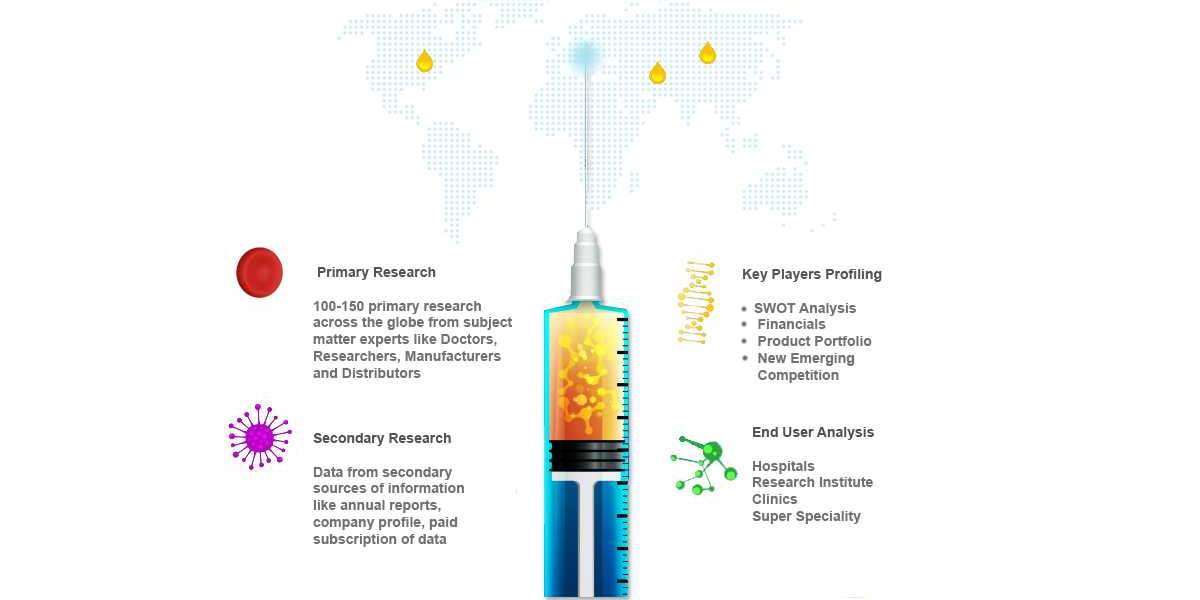Pharmacogenomics, the study of how genetic variations affect drug responses, is transforming the field of medicine by paving the way for personalized treatment approaches. Integrating pharmacogenomics into every doctor’s training is becoming increasingly essential for advancing patient care and ensuring the most effective use of medical treatments. Here’s why pharmacogenomics should be a fundamental component of medical education:
1. Personalized Medicine
Pharmacogenomics enables doctors to tailor treatment plans based on an individual’s genetic profile. By understanding how genetic variations influence drug metabolism and efficacy, doctors can prescribe medications that are optimized for each patient. This personalized approach not only enhances the effectiveness of treatments but also minimizes the risk of adverse drug reactions, leading to improved patient outcomes.
2. Enhanced Drug Safety
Genetic variations can significantly impact how patients respond to medications. Pharmacogenomics helps doctors identify patients who may be at increased risk for adverse drug reactions or suboptimal drug efficacy due to their genetic makeup. Integrating pharmacogenomics into medical training allows doctors to proactively adjust treatment plans and avoid potential safety issues, thereby improving overall patient safety.
3. Improved Treatment Efficacy
Pharmacogenomics training equips doctors with the knowledge to select medications that are more likely to be effective based on a patient’s genetic profile. This targeted approach reduces the trial-and-error process often associated with finding the right medication, leading to more effective and timely treatments. In conditions such as cancer, cardiovascular diseases, and psychiatric disorders, this precision can make a significant difference in therapeutic outcomes.
4. Evidence-Based Decision-Making
Incorporating pharmacogenomics into medical training supports evidence-based medicine by providing doctors with a scientific understanding of how genetic factors influence drug responses. This training ensures that treatment decisions are informed by the latest research and genetic evidence, leading to more informed and effective clinical decisions.
5. Addressing the Complexity of Modern Medicine
As medical treatments become more complex and personalized, doctors need to be equipped with the skills to navigate these advancements. Pharmacogenomics training prepares doctors to understand and apply genetic information in clinical practice, addressing the complexities of modern medicine and enhancing their ability to provide cutting-edge care.
6. Fostering Interdisciplinary Collaboration
Pharmacogenomics often involves collaboration with other healthcare professionals, including geneticists, pharmacists, and researchers. Training in pharmacogenomics prepares doctors to work effectively within multidisciplinary teams, facilitating the integration of genetic data into comprehensive treatment plans and promoting a more collaborative approach to patient care.
7. Staying Current with Advancements
The field of pharmacogenomics is rapidly evolving, with continuous advancements in genetic research and technology. By including pharmacogenomics in medical training, doctors stay current with the latest developments and best practices. This ongoing education ensures that doctors can apply the most recent and relevant knowledge to their practice.
8. Enhancing Patient Engagement and Education
Pharmacogenomics training includes strategies for effectively communicating genetic information to patients. Educating patients about how their genetic profile affects their treatment options can improve patient understanding, engagement, and adherence to prescribed therapies.
Conclusion
Incorporating pharmacogenomics into every Doctors training is essential for advancing personalized medicine, enhancing drug safety, improving treatment efficacy, supporting evidence-based decision-making, addressing the complexity of modern medicine, fostering interdisciplinary collaboration, staying current with advancements, and enhancing patient engagement. As medicine moves towards a more individualized approach, pharmacogenomics will play a critical role in ensuring that doctors are equipped to provide the most effective and personalized care for their patients.








